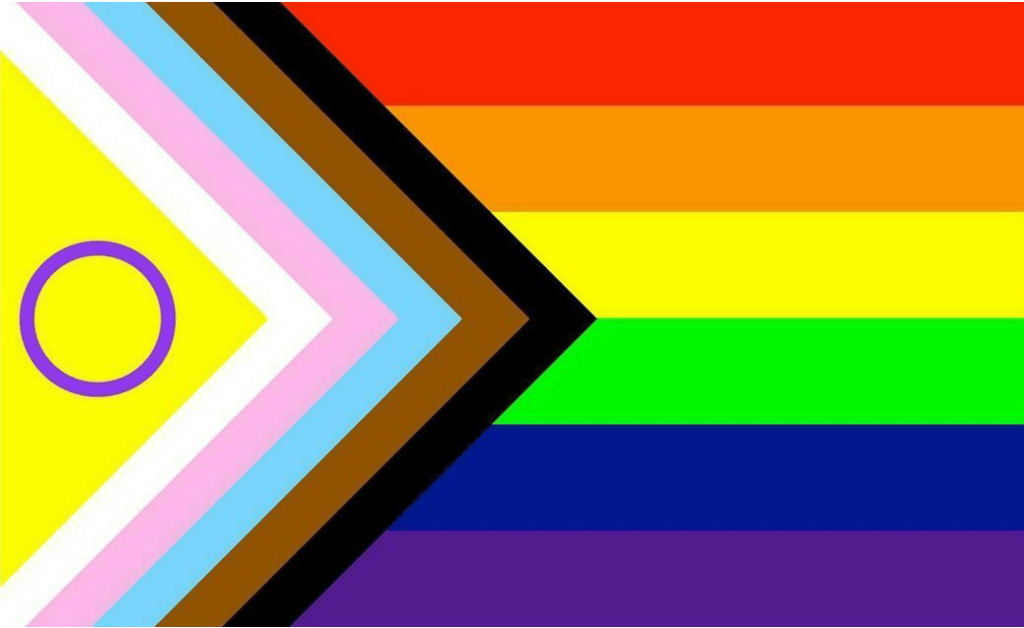How to Set Healthy Boundaries During Recovery
Eating disorder recovery is undoubtedly challenging, but it’s also incredibly rewarding. Saying yes to treatment marks a significant step toward reclaiming your life. The journey to recovery may affect various aspects of your life, shaping how you perceive and engage with others. Establishing boundaries is essential in fostering and preserving healthy relationships, whether they’re with acquaintances, friends, family members, or romantic partners. These boundaries serve as protective measures, guiding us as we navigate daily interactions, especially within social circles. By setting clear limits—both physical and emotional—we not only communicate our needs but also shape how others treat us. They help us move forward on the path to recovery by keeping us focused and minimizing triggers.
Our society often revolves around discussions about weight and body image, so much so that these topics are regularly brought up in everyday conversations. It’s not uncommon to hear family members making remarks about weight, coworkers discussing their diet plans for summer, or friends talking about their gym routine after indulging. While these conversations may not be meant to harm, they can be triggering for individuals struggling with an eating disorder.
But you might be wondering, how can I set these boundaries? Well, let’s dive in!
The initial step involves identifying your personal limits and what you find distressing or triggering. This varies for each person; certain topics like body image, dieting, or dining out might be sensitive areas. If you feel that engaging in or discussing these topics could lead to anxiety or stress, it’s crucial to set boundaries. For instance, it’s perfectly acceptable to ask a close friend to avoid diet talk or body comments around you. Also, reinforcing these boundaries is essential. People may unintentionally overstep or forget your boundaries, so you may need to remind them. While this may feel uncomfortable, prioritizing your well-being during your recovery journey is paramount.
Now that you’ve identified what your limits are, take a close look at your relationships. It’s important to surround yourself with individuals who uplift and support you. If certain relationships do not contribute positively to your well-being, it may be beneficial to take a step back from them while focusing on your recovery.
Once you’ve figured out what boundaries you need in your relationships, the next step is sharing them. It might feel a bit nerve-wracking, but you’ve got this! One tip is to write down what you want to say or practice with someone supportive like a friend or a member of your healthcare team. Make your boundary clear and specific, so there’s no confusion or misunderstandings down the road. When expressing your boundaries, be assertive and confident. There’s no need to feel guilty or apologize for taking care of yourself. If what you’re asking for is reasonable and will support your recovery, it’s totally okay to ask for it. After all, it’s a small change that can make a big difference in your journey to healing.
Don’t Forget!
Your healthcare team, including your therapist or dietitian, can play a vital role in navigating this journey. They can help you pinpoint triggers for specific behaviors or thoughts, identify areas where setting boundaries could be beneficial, and recognize individuals in your life who might hinder your recovery progress. Being part of a support group or attending group therapy sessions can also offer valuable insights and advice from others who have been through similar experiences.
It’s important to remember that if someone isn’t willing to respect your boundaries, it might be necessary to take a step back from that relationship for a while. Communicate openly about needing space to focus on your recovery—it’s a valid and essential part of your healing process.



